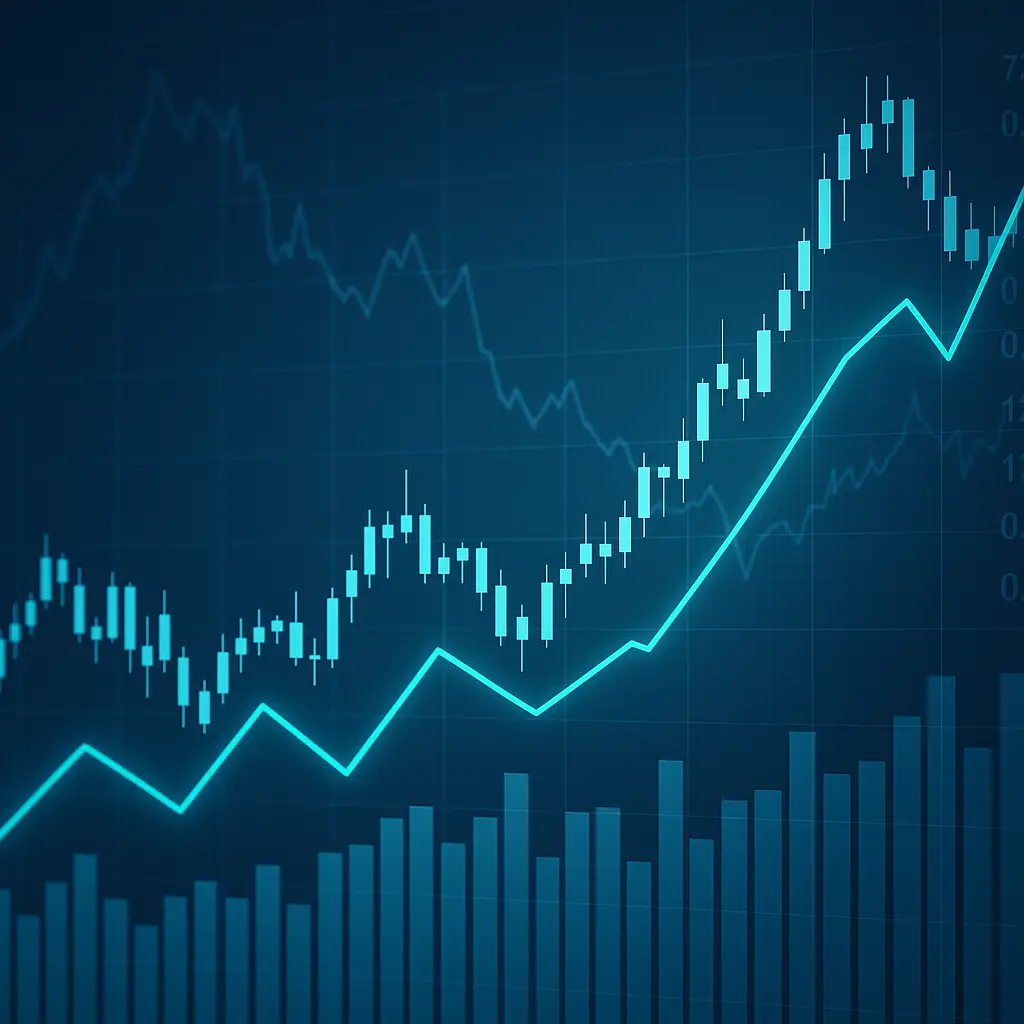
Trading psychology refers to the emotional and mental state that influences your trading decisions. Fear, greed, overconfidence, hesitation, revenge, these psychological factors can cloud your judgment and lead you away from your plan.
A trader’s mindset can either:
Reinforce good habits like discipline and patience
Or trigger destructive behaviors like panic selling and overtrading
Mastering your psychology isn’t a one-time achievement—it’s an ongoing process that evolves with your experience in the markets.
Fear causes hesitation, early exits, or avoiding trades altogether. While losses are part of trading, the fear of them can paralyze decision-making.
Solution:
Accept that losing trades are normal
Focus on risk management, not being right every time
After a few wins, many traders start increasing position sizes recklessly or ignoring their plan. Greed can also cause traders to hold winning trades too long, hoping for more.
Solution:
Stick to your risk-per-trade limits
Remember: One good trade doesn’t make a successful career
After a big loss, traders may try to “get it back” immediately, often entering emotionally charged, high-risk trades.
Solution:
Take a break after a significant loss
Recenter before returning to the market
Seeing a big market move often triggers the urge to jump in late. But chasing trades typically results in bad entries and frustration.
Solution:
Remind yourself that there will always be another trade
Only enter when your criteria are met
Some traders want to force trades during quiet market conditions, leading to low-quality setups.
Solution:
Learn to wait for high-probability trades
Track data to prove that patience improves your performance
A solid plan reduces emotional decision-making. Your plan should include:
Entry/exit rules
Risk management
Position sizing
Market selection
Following a plan gives structure and confidence, especially when emotions run high.
Tracking your trades (including your thoughts and emotions) helps you spot patterns in your behavior. For example:
Do you overtrade after a win?
Are you hesitant after a loss?
Reviewing your journal builds self-awareness, which is the foundation of psychological control.
When you know you’re only risking a small portion of your account (e.g. 1–2% per trade), it becomes much easier to stay calm during trades. This allows you to think rationally instead of emotionally.
Think like a casino—not every bet wins, but over time, the odds are in your favor. The goal is consistency, not perfection.
Don’t celebrate wins too much
Don’t beat yourself up over losses (if the trade followed your plan)
Trading is mentally demanding. Your physical health, sleep, and stress levels all affect your mindset.
Tips:
Avoid trading when you’re tired or emotionally stressed
Take regular breaks
Create a calm, distraction-free trading environment
Your mindset is just as important as your methodology. Most losing traders aren’t failing because of bad strategies, but because they haven’t mastered their own emotions.
The best traders are disciplined, self-aware, and patient. They trust their system and execute with consistency, regardless of recent outcomes. By investing in your trading psychology, you’re building the foundation for long-term success.




